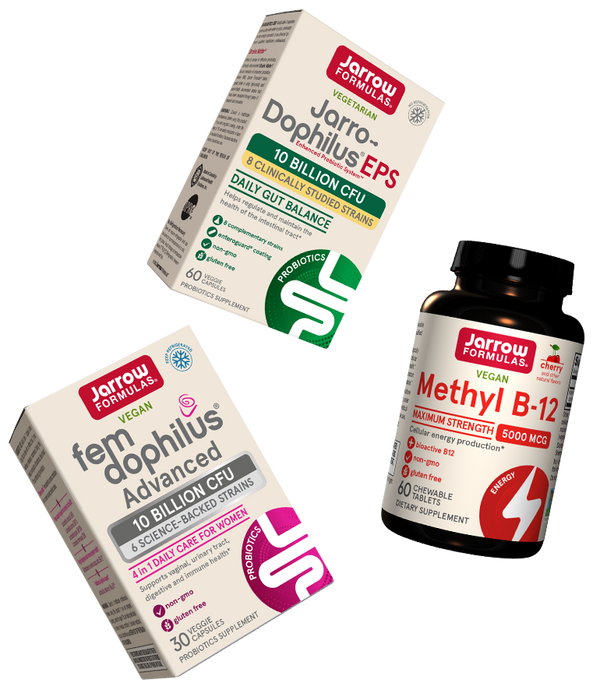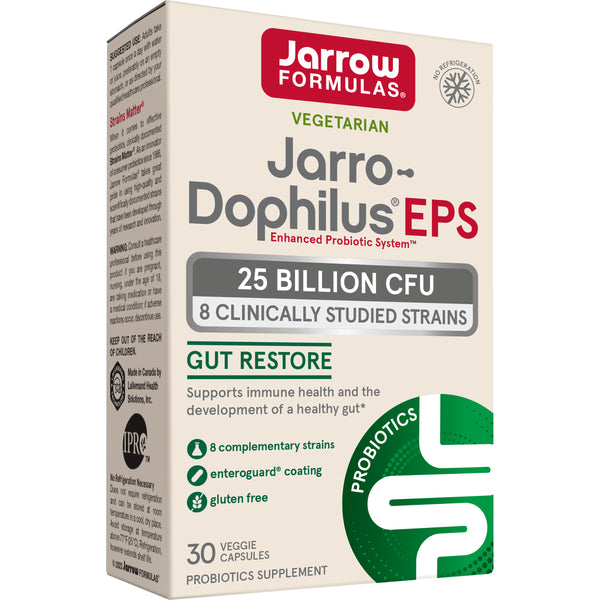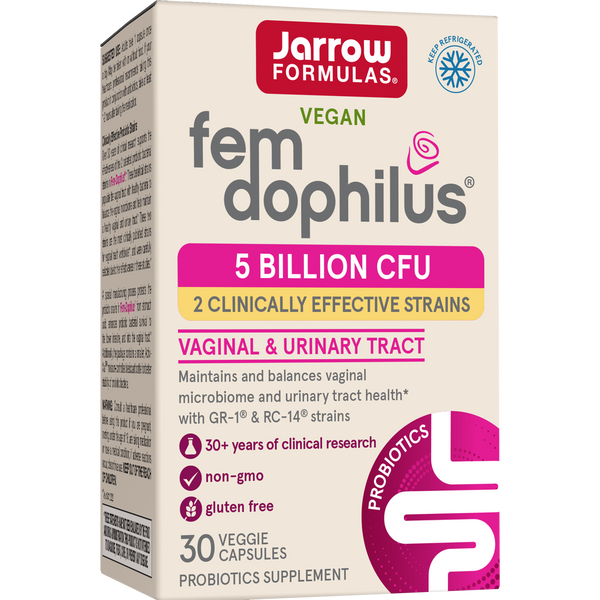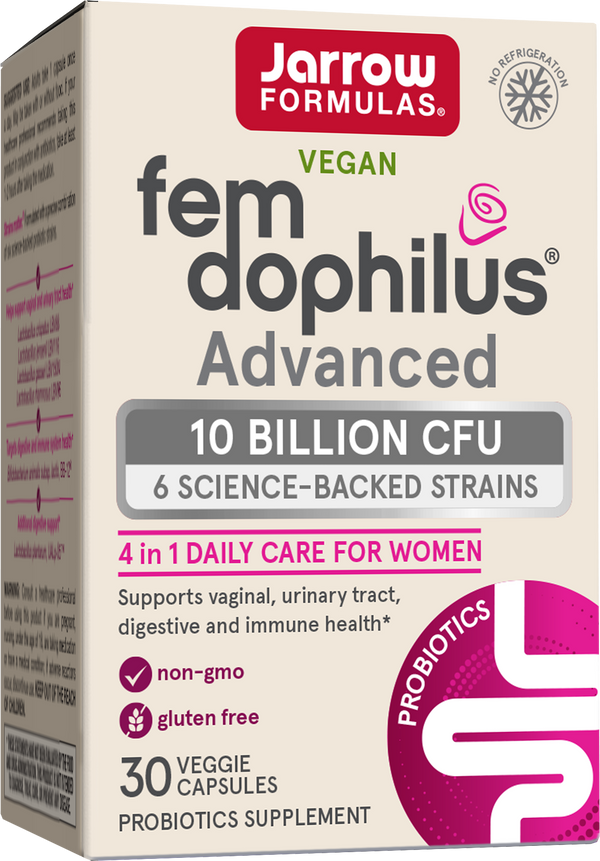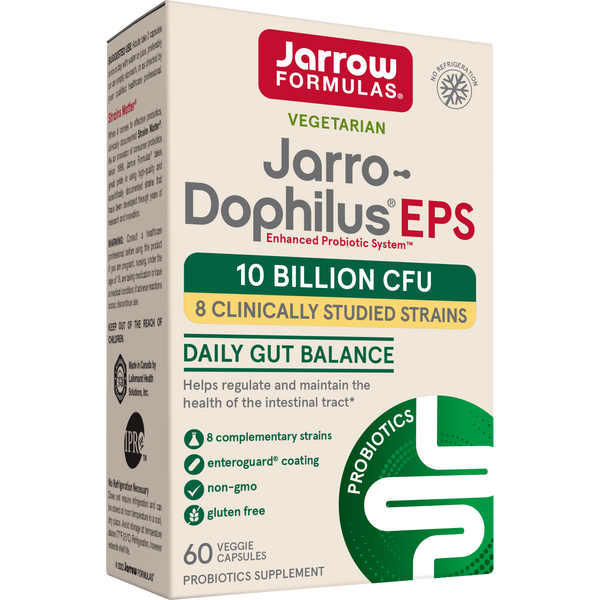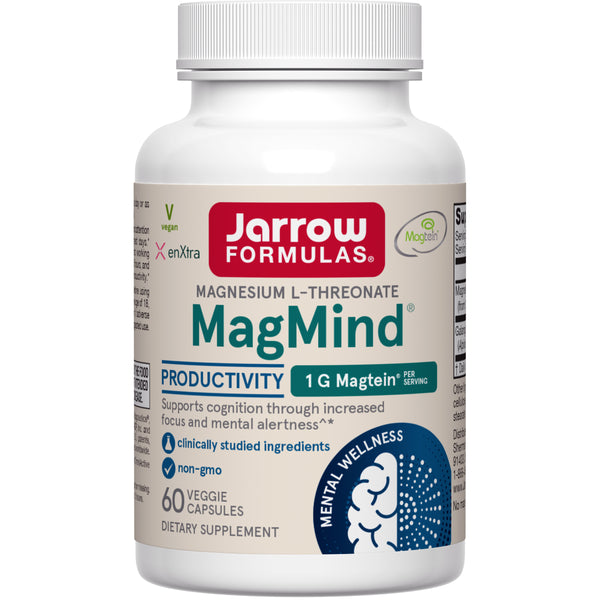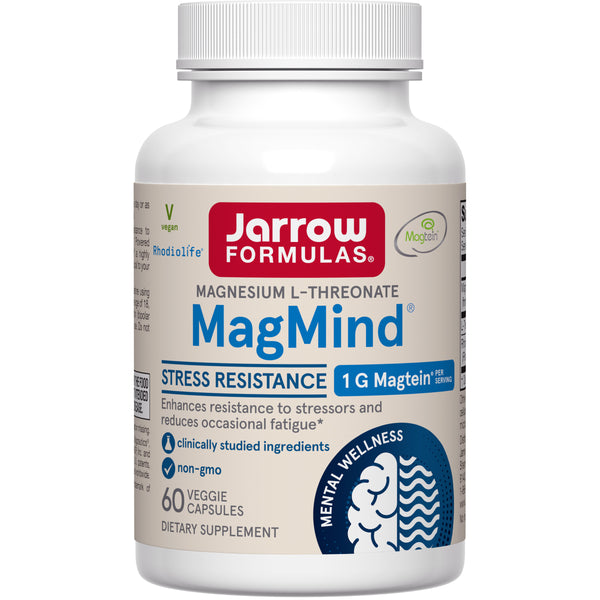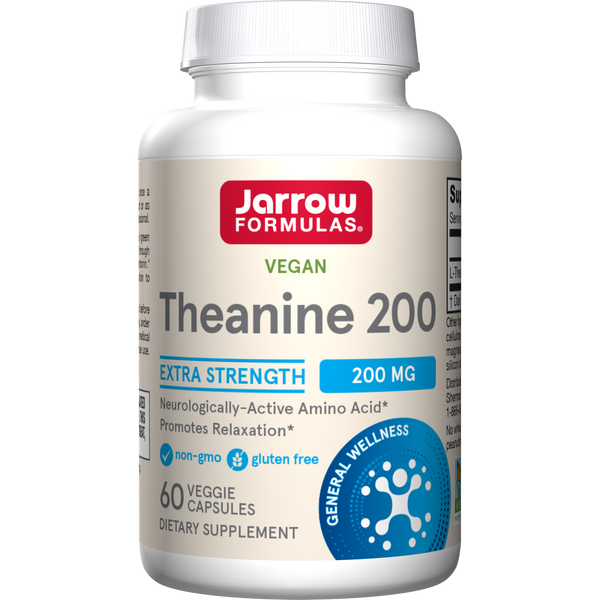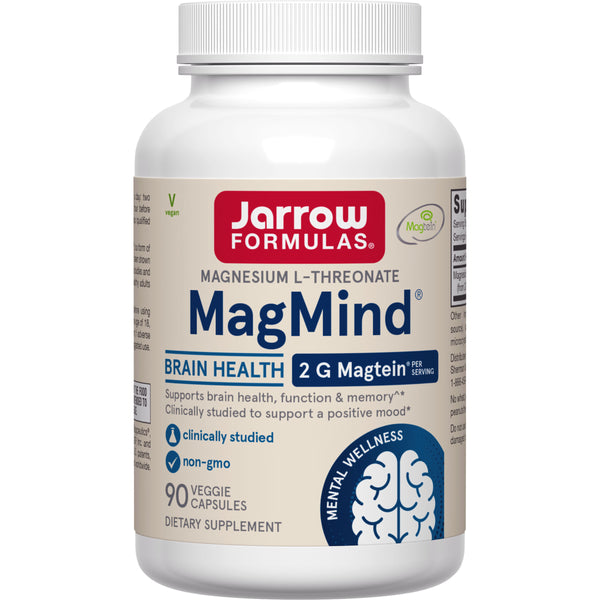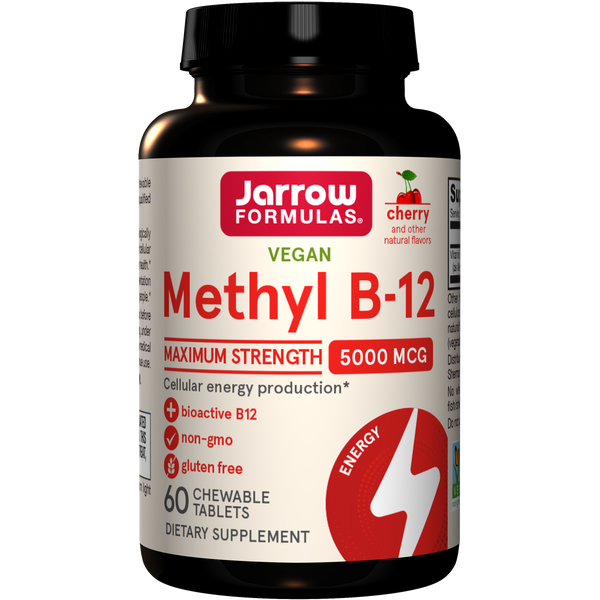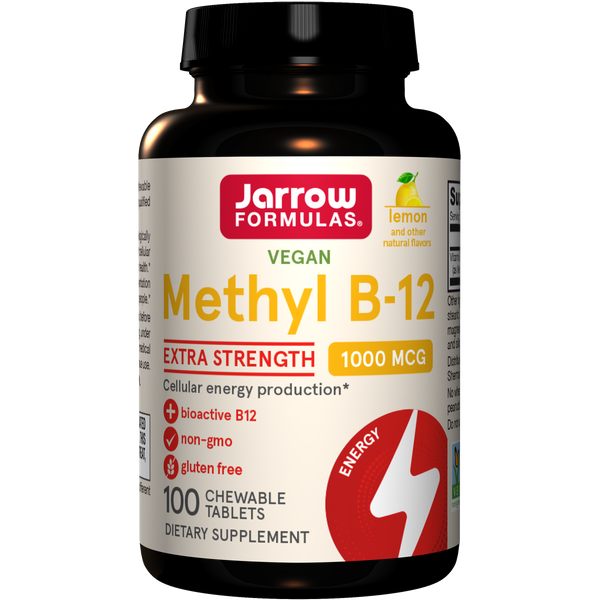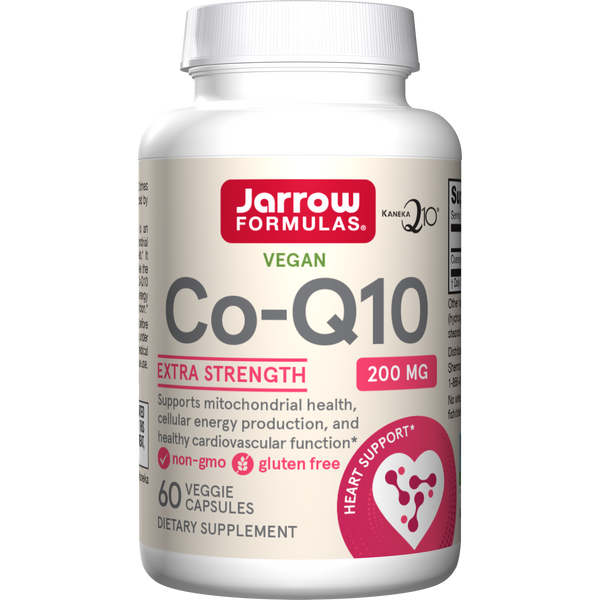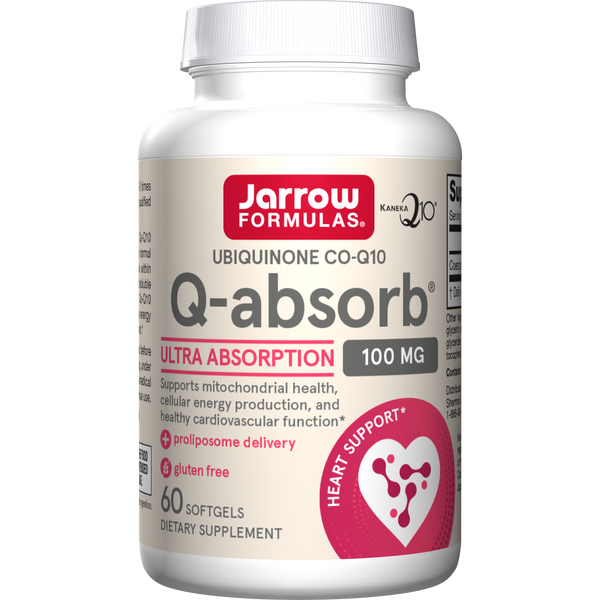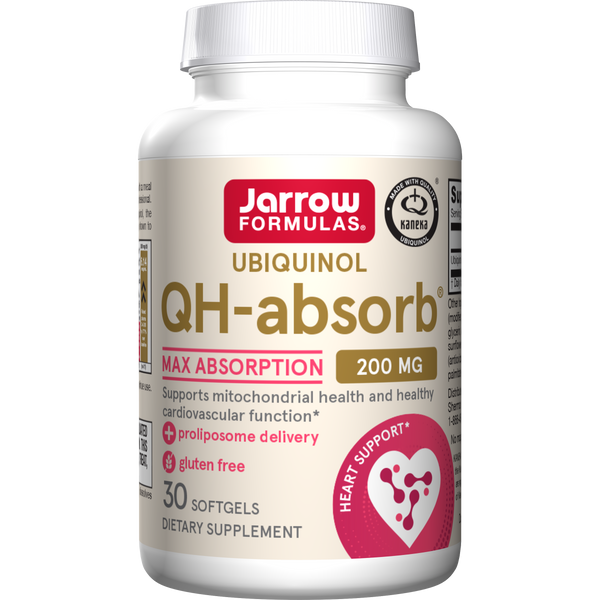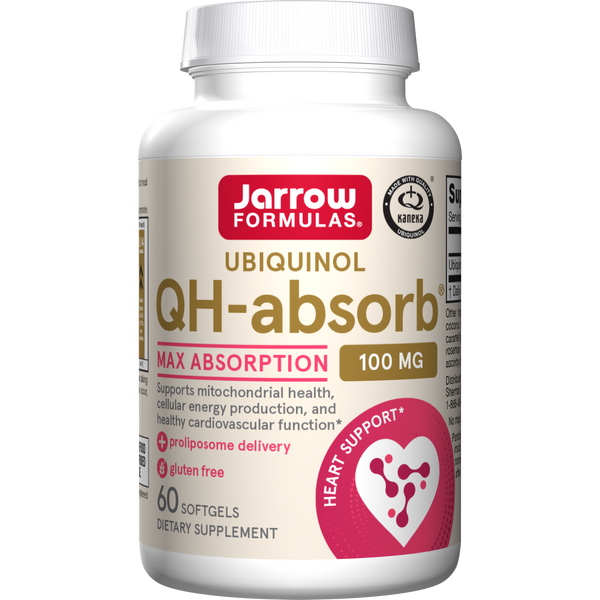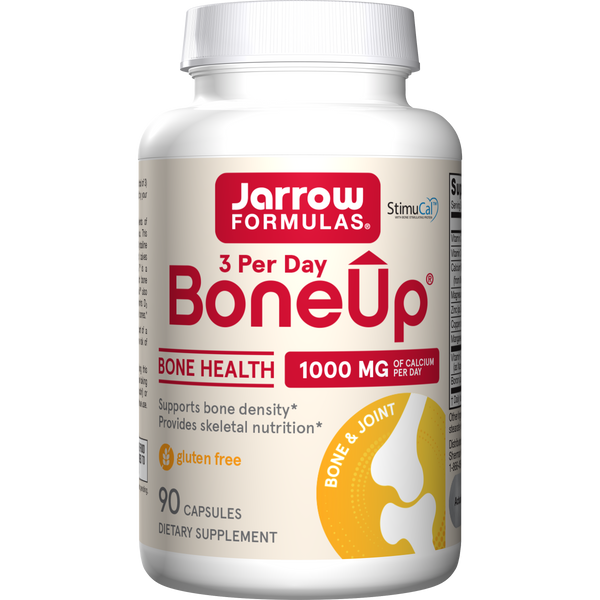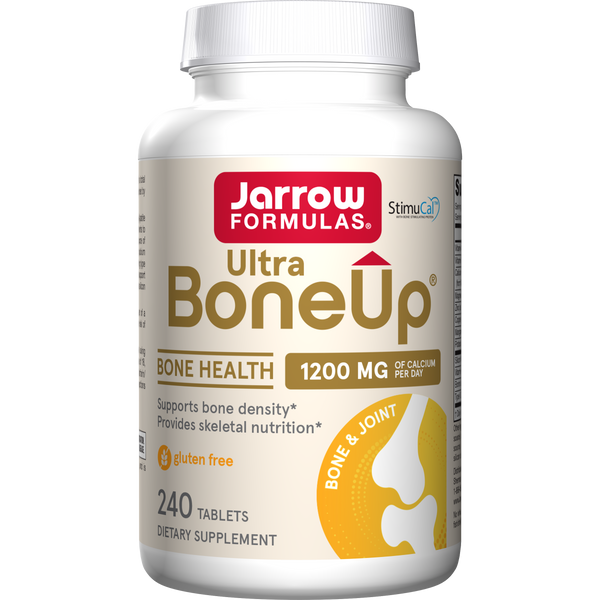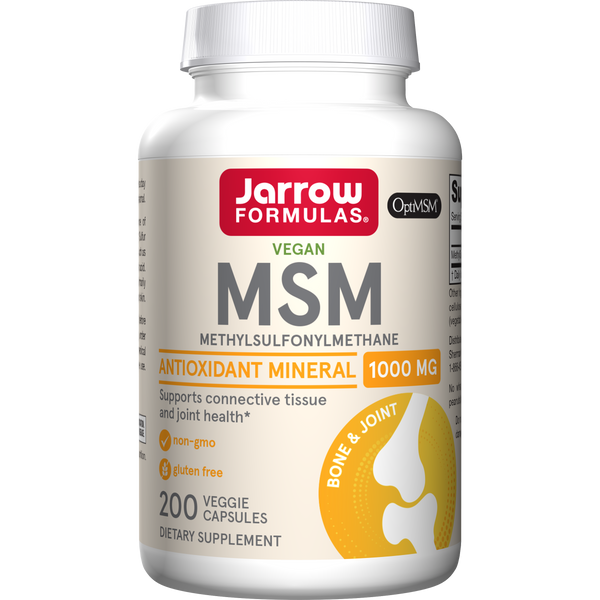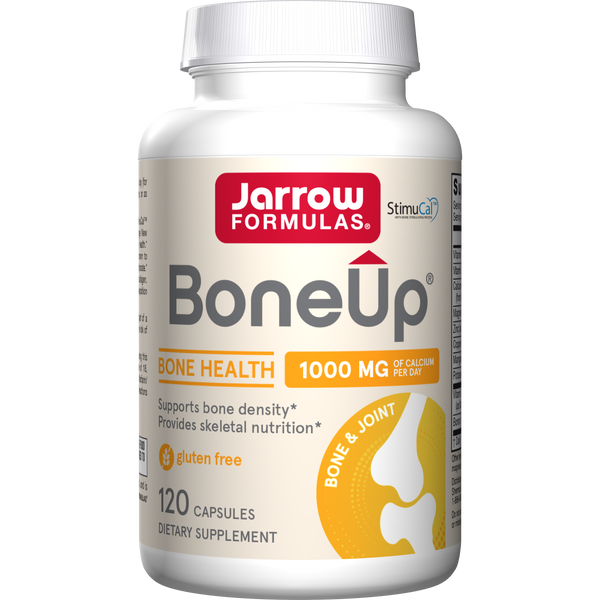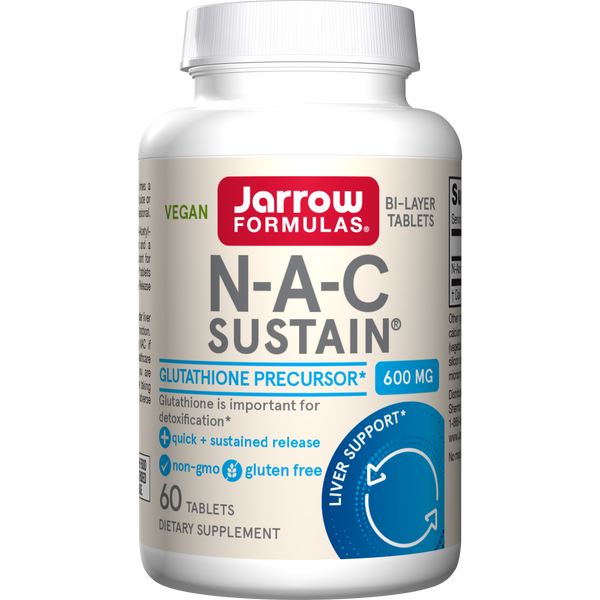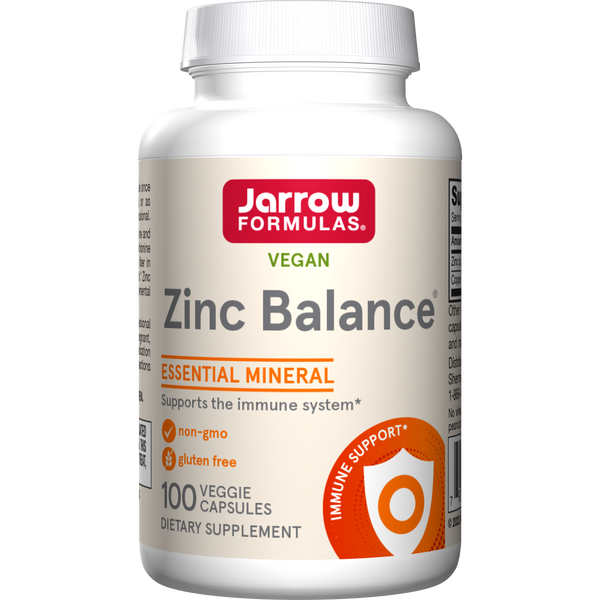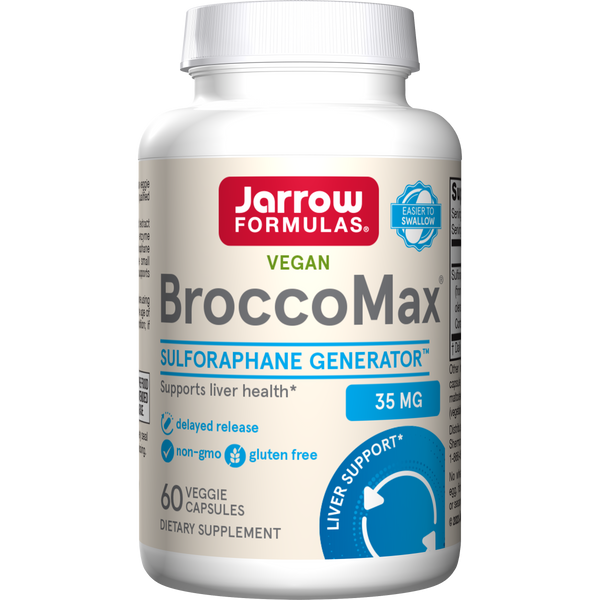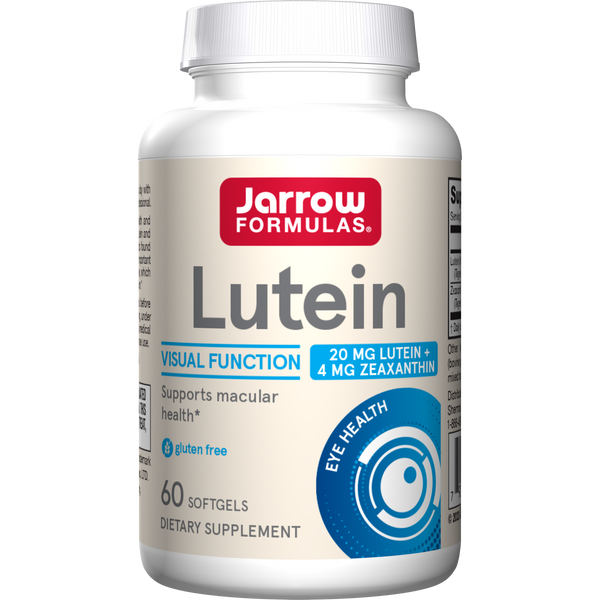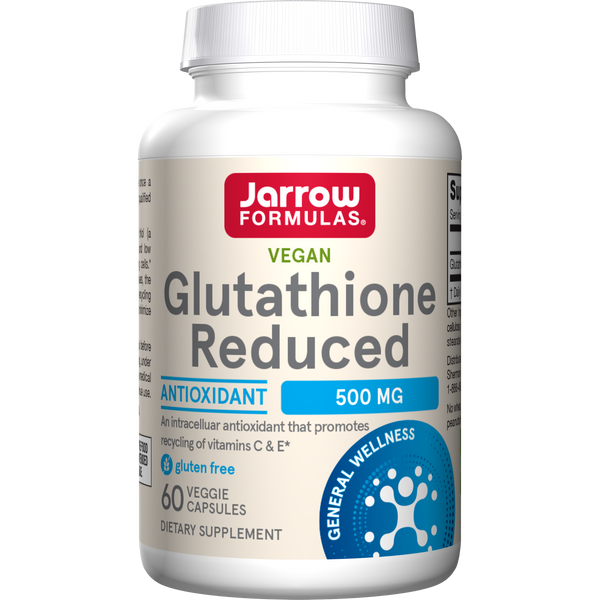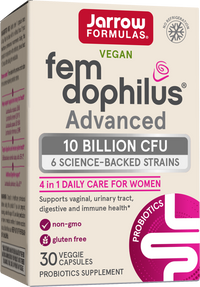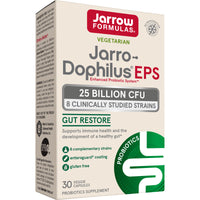Coenzyme Q10 Protects A Breaking Heart
by Anthony Thomas, Ph.D.
Thank-Q...From The Bottom Of My Heart
A landmark study published in the Journal of the American College of Cardiology: Heart Failure reported supplementation with coenzyme Q10 (CoQ10) reduced medical complications and death in patients with chronic heart failure (CHF) [1]. Reduced DEATH! This research makes a major contribution to the ever growing body of evidence highlighting the cardio-protective benefits of dietary supplementation with CoQ10, particularly in people suffering from CHF. The excellent tolerability and affordability of this natural physiologic compound merits its consideration as adjuvant therapy for the clinical management of CHF.
Study Summary: Q-SYMBIO Trial
Four hundred and twenty patients with moderate to severe CHF were randomly assigned to receive either 100 mg of CoQ10 or placebo capsules 3 times daily as an adjuvant therapy to their standard medications for 2 years. Neither participants nor researchers knew who received CoQ10 or placebo (i.e., double-blind). The primary endpoint was major cardiovascular event (MACE) including unplanned hospital stay from worsening HF and cardiovascular death.
There were significantly fewer MACE in patients supplement with CoQ10 compared to the placebo group (15% vs. 26%). A 43% relative reduction! Of MACE, the most notable difference was in death from HF at only 1 in the CoQ10 supplemented patients compared to 10 in the placebo group.
Patients supplemented with CoQ10 were half as likely to require hospitalization from HF during the 2-year intervention. Cardiovascular related deaths were significantly lower in patients supplemented with CoQ10 compared to placebo (9% vs. 16%) as well as death from any cause (10% vs. 18%). Both >40% relative reduction! Furthermore, symptom improvement with medical treatment was significantly greater with CoQ10 supplementation vs. placebo (58% vs. 45%). Thus, long-term supplementation of CoQ10 in patients with CHF is safe, improves symptoms, and, most importantly, reduces MACE and death!
Heart Failure & The Role Of CoQ10
An estimated 5.7 million Americans suffer from HF, which comes with a total annual cost of $30.7 billion and accounts for 1 in 9 deaths (2012) [2]. The United States is not alone either with >23 million people diagnosed with HF globally [3]. Disability and death due to HF increases with age [4] and is among the most frequent causes of hospitalization in the elderly [5]. Prevalence of HF in the United States is projected to increase 46% (>8 million) by 2030 along with total cost ($69.7 billion) [2]. So, this is a big, expensive problem that appears to be getting worse.
CoQ10 is a fat-soluble compound that exists in both the reduced (CoQH) and oxidized (CoQ10) states, referred to as ubiquinol and ubiquinone, respectively. CoQ10 is primarily located within the inner membrane of mitochondria ("energy factories" in cells), serving an essential role in cellular energy production (a necessity for proper cell function and survival). CoQ is also present in other cellular membranes, in which the reduced form (ubiquinol: CoQH) also functions as an antioxidant to protect against oxidative damage to membrane components.
CoQ10 is particularly abundant in heart muscle, but levels are reduced in patients with CHF [6]. Levels of CoQ10 in the heart are inversely related to severity of symptoms and degree of heart dysfunction in CHF, such that the less CoQ10, the greater the severity [7]. Low levels of CoQ10 in the blood is an independent predictor of death in CHF [8].
Dietary supplementation with CoQ10 is purported to help offset deficient levels in patients with CHF and improve energy production in the failing heart (i.e., improve heart function). CHF is associated with increased oxidative stress, so antioxidant activity of CoQ10 may confer added protection, particularly ubiquinol (CoQH).
Short-term supplementation with CoQ10 in patients with CHF has been shown to improve overall physical function, blood vessel function, and heart contractility without side effects [9]. Given the safety, tolerability, and cumulative evidence suggesting therapeutic efficacy of this essential natural compound, CoQ10 should be considered as a useful option (in addition to standard medical therapy) to aid in the management of CHF.
Supplemental Considerations
CoQ10 is an essential physiologic cofactor that is made in the body; however, synthesis declines with age and is impaired by use with statins. A high percentage of people with CHF take statins, which can contribute to heart dysfunction. Various studies have shown heart protective benefits from dietary supplementation with CoQ10, although benefit is largely predicated on increasing levels in the body. Thus, consideration must be given to the various formulations and forms (CoQ10 vs. CoQH) available.
As a non-water soluble compound, supplementation with either form in combination with a fat-containing meal is advised to aid absorption. Various formulations exist to improve absorption that use food oil as a carrier. CoQ10 (ubiquinone) must be reduced to CoQH (ubiquinol) prior to absorption in the intestines, and research has shown better absorption of CoQH (ubiquinol) vs. CoQ10 (ubiquinone). Studies utilizing CoQH (ubiquinol) for dietary supplementation have achieved higher total CoQ10 levels in the body at the same dosing. Improving body antioxidant status via diet/supplementation and CoQ10/CoQH formulated in conjunction with antioxidants (check ingredient list) are predicted to improve absorption. Given the many formulations available, it is advisable to supplement with a formulation used in clinical research that has specifically been shown to improve levels in the body.
References
1.Mortensen SA, Rosenfeldt F, Kumar A, Dolliner P, Filipiak KJ, Pella D, Alehagen U, Steurer G, Littarru GP, Investigators QSS: The effect of coenzyme Q10 on morbidity and mortality in chronic heart failure: results from Q-SYMBIO: a randomized double-blind trial. JACC Heart Fail 2014, 2:641-649.
2.Mozaffarian D, Benjamin EJ, Go AS, Arnett DK, Blaha MJ, Cushman M, de Ferranti S, Despres JP, Fullerton HJ, Howard VJ, et al: Heart disease and stroke statistics--2015 update: a report from the American Heart Association. Circulation 2015, 131:e29-322.
3.McMurray JJ, Petrie MC, Murdoch DR, Davie AP: Clinical epidemiology of heart failure: public and private health burden. Eur Heart J 1998, 19 Suppl P:P9-16.
4.Rodriguez-Artalejo F, Banegas Banegas JR, Guallar-Castillon P: [Epidemiology of heart failure]. Rev Esp Cardiol 2004, 57:163-170.
5.Massie BM, Shah NB: Evolving trends in the epidemiologic factors of heart failure: rationale for preventive strategies and comprehensive disease management. Am Heart J 1997, 133:703-712.
6.Mortensen SA, Vadhanavikit S, Muratsu K, Folkers K: Coenzyme Q10: clinical benefits with biochemical correlates suggesting a scientific breakthrough in the management of chronic heart failure. Int J Tissue React 1990, 12:155-162.
7.Folkers K, Wolaniuk J, Simonsen R, Morishita M, Vadhanavikit S: Biochemical rationale and the cardiac response of patients with muscle disease to therapy with coenzyme Q10. Proc Natl Acad Sci U S A 1985, 82:4513-4516.
8.Molyneux SL, Florkowski CM, George PM, Pilbrow AP, Frampton CM, Lever M, Richards AM: Coenzyme Q10: an independent predictor of mortality in chronic heart failure. J Am Coll Cardiol 2008, 52:1435-1441.
9.Belardinelli R, Mucaj A, Lacalaprice F, Solenghi M, Seddaiu G, Principi F, Tiano L, Littarru GP: Coenzyme Q10 and exercise training in chronic heart failure. Eur Heart J 2006, 27:2675-2681.
